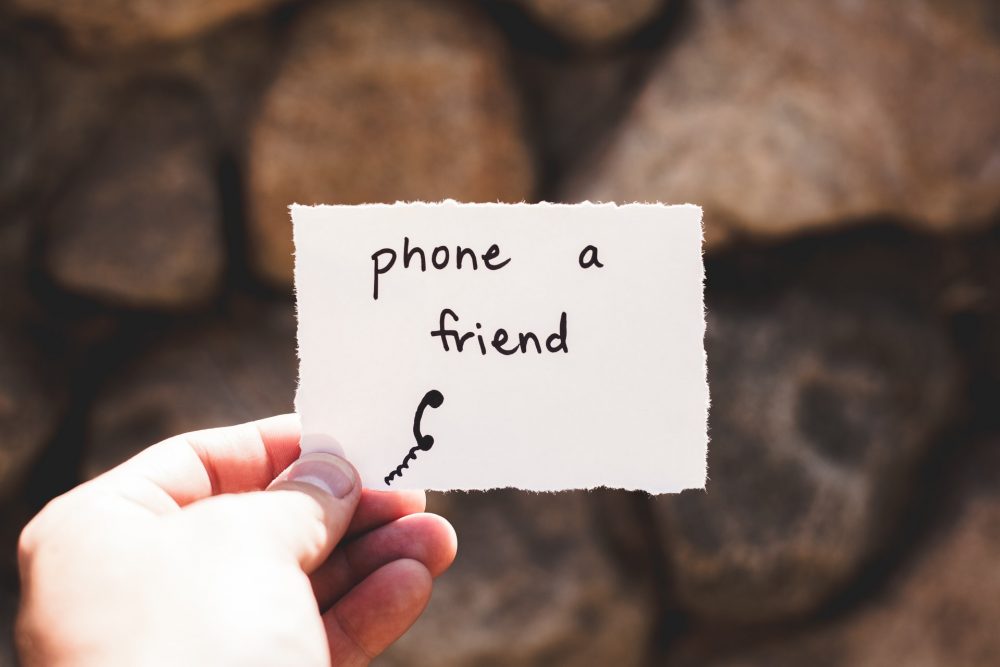A certain amount of anxiety is a normal part of life. Everyone feels worry or concern sometimes. In fact, it’s often a useful emotion in small doses – encouraging people to study for a test, drive safely in wet weather, or pay the bills on time.
Unfortunately, those feelings of anxiety can become so intense and pervasive that they negatively impact on a person’s life and ability to function – physically, socially, and emotionally.
Over 25% of Australians aged 16 to 85 have experienced an anxiety disorder at some point in their lives. This is equivalent to more than one in four people.
Additionally, at any given point in time there are roughly 17% of the population with a current anxiety disorder.
These numbers are even higher in certain populations, such as Indigenous Australians, International Immigrants, and those who identify as LGBTIQA+.
Think of the last seven people you interacted with – statistically speaking one of them is likely to be suffering from what is often an invisible but nonetheless debilitating condition.
Perhaps you don’t need to imagine, perhaps you already have an intimate knowledge of the kind of symptoms that fit under the umbrella of anxiety disorders.
Whether it’s social anxiety, panic attacks, phobias, obsessive compulsive disorder or PTSD, it’s easy to feel trapped or hopeless and the nature of the beast means people tend to fear coming forward because of the stigma attached to mental health conditions.
The good news is there are things we can all do to help! August 4th to 10th is OCD and Anxiety Disorder Awareness Week, so please think about how you can contribute.
If you know someone who’s suffering:
- Ask if they’re ok. Open a dialogue and make it alright to talk about their concerns
- Try to be understanding – fear of judgement is a huge barrier to seeking help
- Encourage them to see their GP about managing their condition
- Whatever you do, please don’t tell them to “just relax” – this is the opposite of helpful
If you’re suffering yourself:
- Try some mindfulness exercises, available on apps like Smiling Mind, Headspace, or Insight Timer, or through online resources like moodgym.com.au – these can help to ground yourself and reset the emotional rollercoaster
- Get some exercise – studies have shown that 30 mins a day or more, 5 days a week of moderate activity is better than many medications used for depression and anxiety
- See your GP, or find a good one if you haven’t got one yet. Having a good rapport with your doctor and being able to talk about these things is an important step to managing them
Be kind to yourself. Be kind to others.
This article has been written by Dr Jared Coyne

